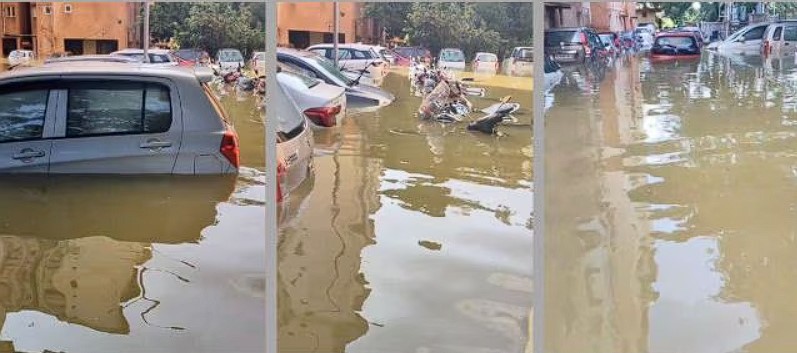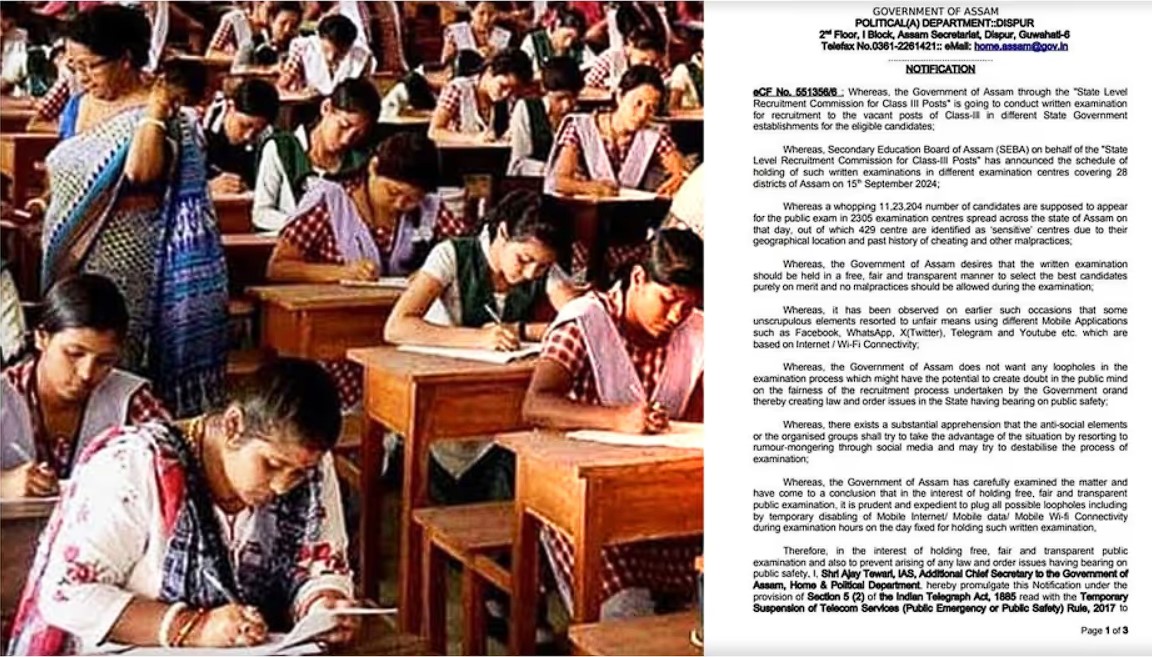Delhi High Court Grants Interim Relief to 9 JNU Students

Earlier this year the Delhi High Court offered interim vindication for nine JNU students who were expelled for their role in physical combats, sexual misconduct and violence during a ‘fresher’s party on 22nd October.
The students, in turn refuting the allegations, sought to challenge the rustication order issued by the Chief Proctor on 25th October. They maintained that the reasons were never stated – and that sexual assault was suddenly included in the office order.
Justice Purushendra Kumar Kaurav similarly remarked that the university had not observed fair administrative processes since the students were never given the chance to be heard. This forced the court to order the university not to evict the students of their hostels until the next mentioned date, 8th November.

Ref. URL: https://media.assettype.com/barandbench%2F2024-02%2F2c92c0e3-e83d-4c20-a05f-b0cd9a9c60e5%2F39.jpg?w=1024&auto=format%2Ccompress&fit=max
The matter originated out of a consolidated complaint lodged by 47 female JNU students with the Internal Complaints Committee (ICC) of JNU concerning the alleged incidents of rape and violence at the freshers’ party. It is suggesting that a fight erupted when about a couple of students allegedly made derogatory comments on the women’s appearance. There has been wide concern and discussion around the incident in the JNU campus, with majority demanding that the issue be explored with an open and detached viewpoint.
Still, the nine students who were suspended insist that they are innocent and do not blame anyone for their actions. They claim that they were attacked by students of other factions and abandoned to a barrage of hateful words and physical violence. They also state that they lodged a complaint with the university administration asking them to conduct proper investigation and retrieve the CCTV footage that was in their possession.
The Jawaharlal Nehru University Students’ Union (JNUSU) has taken the JNU administrative authorities to task after the joint complaint, saying the ICC has made the individual complainant to be suffering from the challenges of ICC complexity. The JNUSU has also called for the removal of the ICC presiding officer, claiming there were lapses in procedure in their investigation.
This case also exemplifies the inner workings of campus politics and the necessity of ensuring that due process form part of any effort to respond to any allegation of wrongdoing or misconduct. The interest taken by the court also affirms the need to conduct investigations so as to achieve justice for all those affected. It also draws attention to the level of events and how they may be misconstrued whilst reminding that evidence needs to be evaluated properly before a determination is made. Such an occurrence calls for caution on the part of society in relation to the need to protect victims of harassment and the need to ensure fair treatment of those who are accused.











